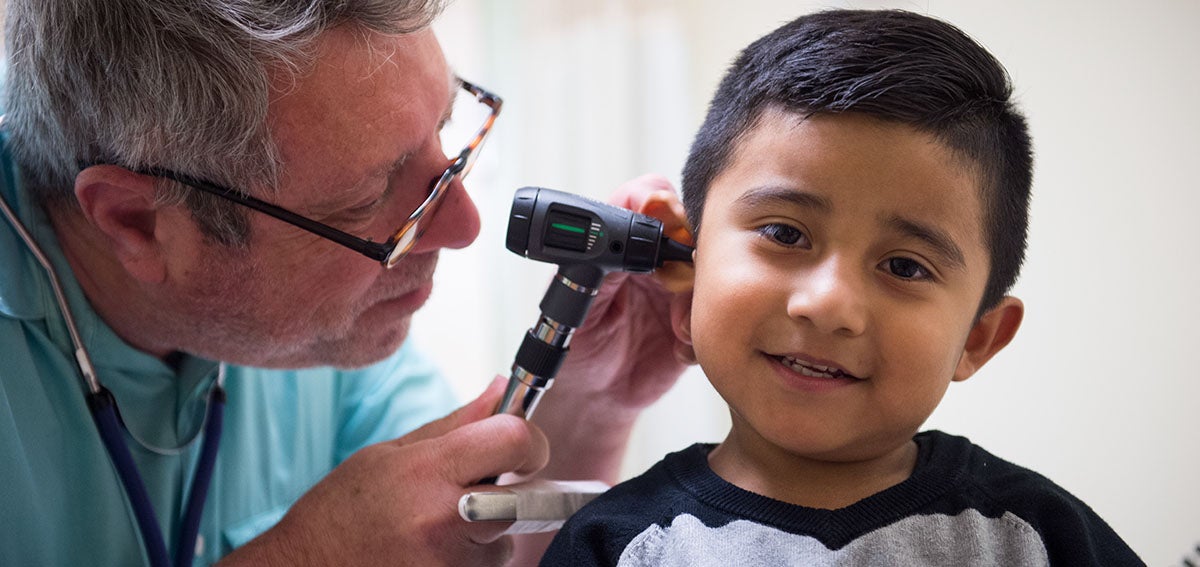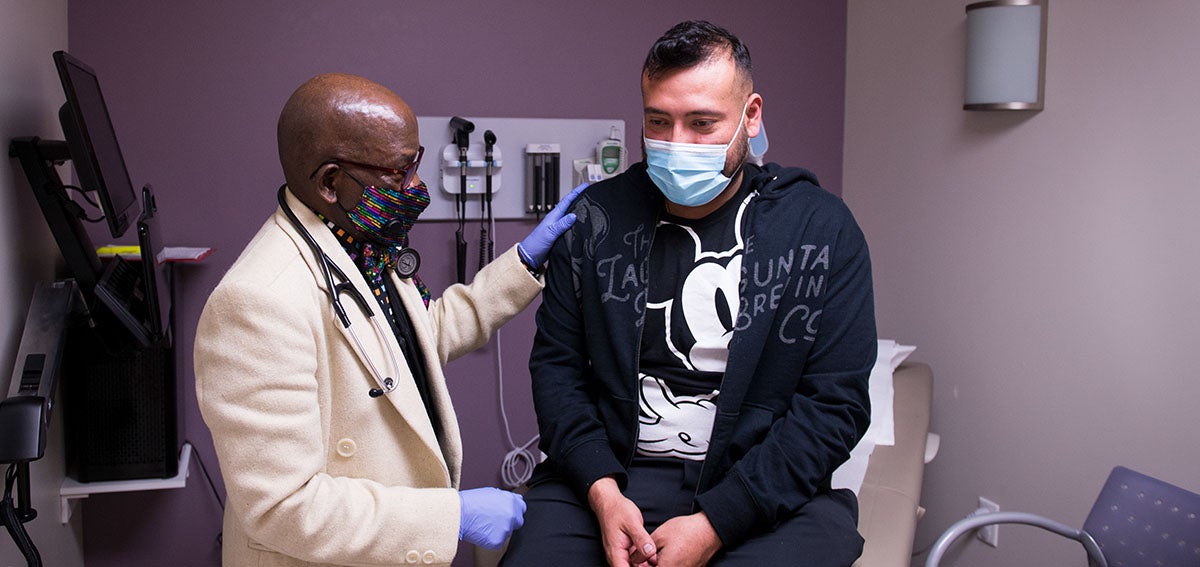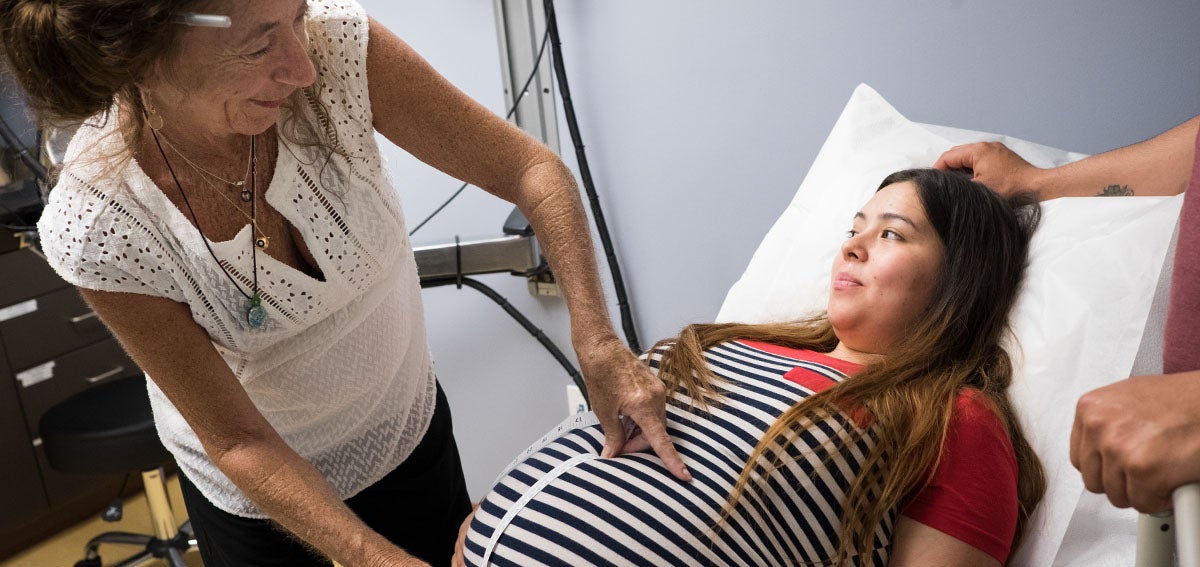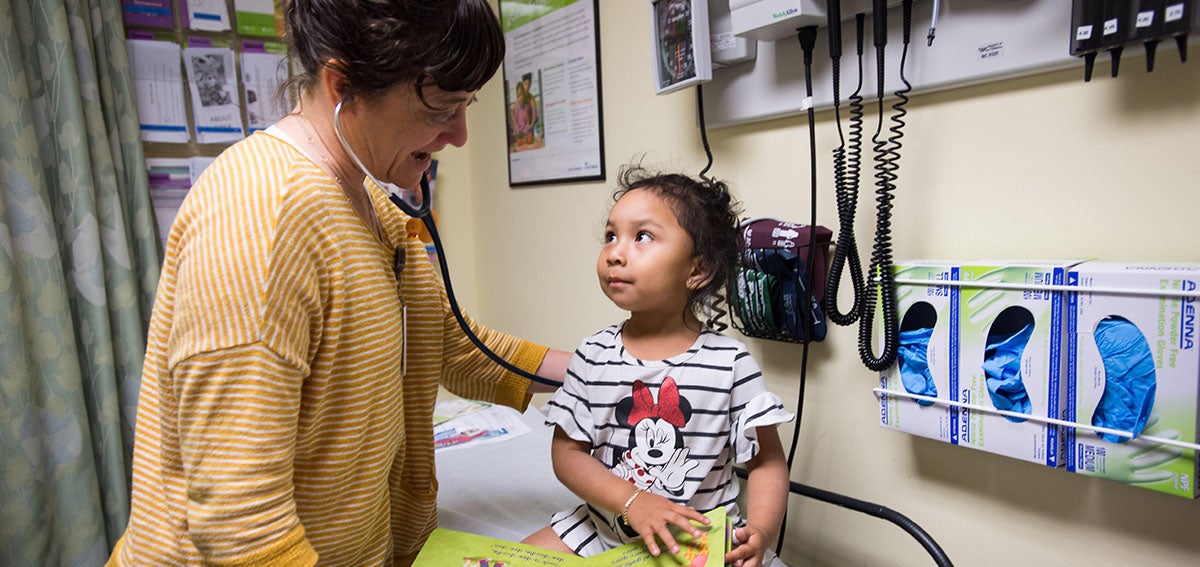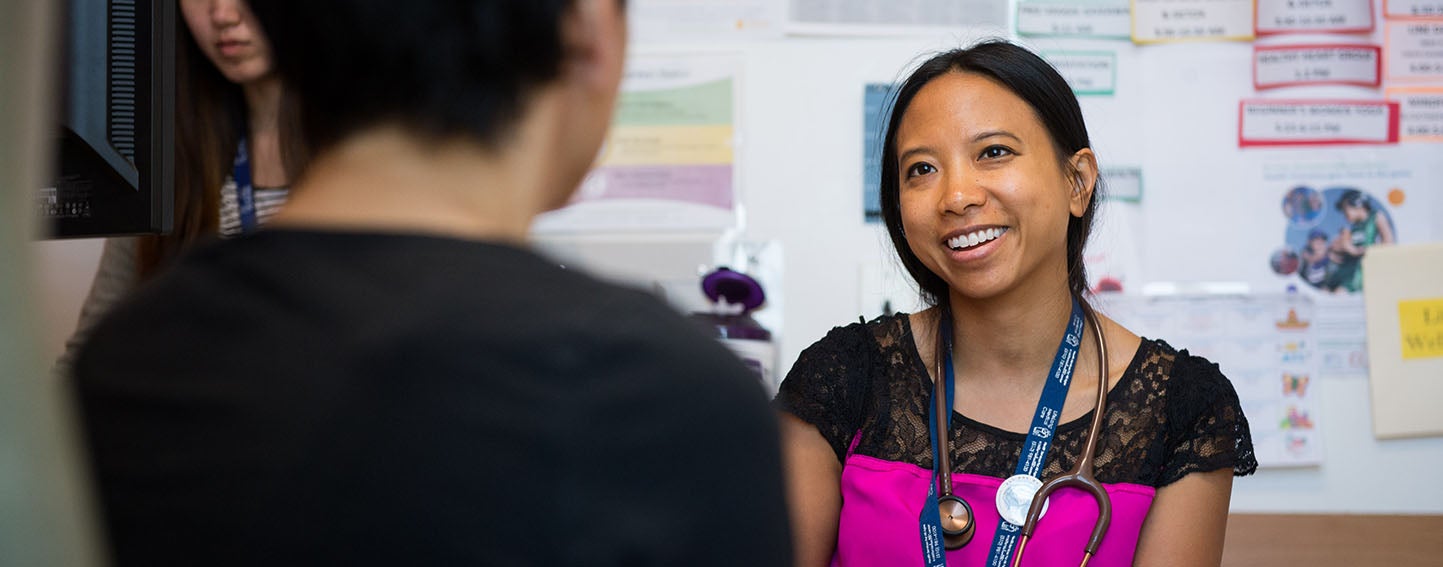
Across California there are far more patients seeking specialty care than there are specialists available to help them. This is especially true for people with low incomes and those living in vast rural areas. Electronic consults, also known as eConsults, offer one tonic for our overtaxed system.
With this type of telehealth, primary care providers are able to electronically submit clinical questions to a network of specialists and, within hours, receive medical guidance. Studies have shown the clear impact eConsults can have on access, including reducing patient wait times for specialists and lowering unnecessary referrals for in-person specialist visits.
Much less research has been done on the impact that eConsults have on primary care providers, especially in the safety net. Within that limited literature, primary care clinicians report largely positive experiences, but some have surfaced concerns about the added burdens that eConsults place on them. CHCF recently funded JSI Inc., a public health research and consulting firm, to survey primary care providers within the Community Health Center Network (CHCN), a nonprofit Medi-Cal managed care organization, about their use of eConsults.
The findings were mostly positive, especially relating to the effects of eConsults on providers’ job satisfaction and their perceptions of quality of care. Among the challenges noted were the extra time and technological savvy that eConsults can require, as compared to traditional referrals. More detailed results can be found in this infographic and in the full report (PDF).
I spoke to one of the survey respondents, Kim Nguyen, MD, an internal medicine physician and associate medical director at CHCN’s LifeLong Ashby Health Center, about her experiences with RubiconMD, the eConsult platform used by CHCN. RubiconMD is one of a handful of third-party eConsult platforms and has received a program-related investment from the CHCF Innovation Fund. This interview has been lightly edited for length and clarity.
Q: In your experience, how does the eConsult process compare to the traditional referral process for specialty care?
A: To request an eConsult, I open the platform, enter relevant information from the patient’s record, such as lab results or history, type in my clinical question, and then send it off to the specialist network. With a traditional referral, I just tell the nurse a referral is needed, and they handle all the paperwork from there. That’s easier for me as the provider, but I know it puts a greater burden on my patients.
Every referral starts with a letter being mailed to the patient’s home. That can take days and of course get lost. The patient then needs to find a specialist who has availability, but that can be difficult for many reasons — there can be insurance issues and specialists can be booked for months in advance. Conflicts can arise in a patient’s life that may prevent them from ever scheduling the appointment. Or some may just not show up for it. With an eConsult, I can get a much faster answer for my patients and even have a care plan for them within a day or even the same day. That leaves far fewer cracks for my patient’s care to fall through.
Q: In which kinds of clinical situations do eConsults prove most valuable?
A: I have found eConsults to be especially helpful for patients with oncology concerns. When a possible cancer diagnosis is on the line, it is critical to move quickly to get an answer for the patient and then start the patient on any needed treatment. Primary care doctors typically cannot get a patient an appointment with an oncologist before a cancer diagnosis is confirmed.
My goal as the primary care provider is to try to get that diagnosis as quickly as possible. By engaging an oncologist via an eConsult, I get quick guidance on which tests to order to produce the most precise and rapid diagnosis possible. It can take weeks to get them all done and evaluated, so forgetting a test or ordering the wrong one could ultimately delay a patient’s vital cancer treatment by days or weeks. It’s so important to get it right at the start, and eConsults help me do that. I also frequently use eConsults for patients with dermatology concerns.
Q: How do you decide whether requesting an eConsult is the right next step?
A: You need to think about access. Some specialists may not be available for months. If the patient does not have insurance, they likely cannot see a specialist, making an eConsult their only means of accessing specialty expertise. If the problem requires a specialist to do a detailed in-person visit, like a neurological exam or a biopsy, those cannot be accomplished with an eConsult and should be referred immediately. The same is true of problems that are both chronic and complex and likely require ongoing management by a specialist.
Q: Have eConsults affected your views about the care you have provided?
A: It can be really discouraging to know all the barriers that await a patient you have just sent out for a referral. Specialty care access is a real challenge for our patient population. Giving patients timely access to expertise that they otherwise might never get — for me, that’s encouraging. It’s a chance to avoid some of the systemic failures that patients like ours often encounter.
Q: Has your use of eConsult changed over time?
A: Reflecting on your use of eConsults can be a good way to help you assess your own weak spots and identify how you can improve as a clinician. I started paying closer attention to the types of questions I was submitting on RubiconMD and realized I was relying heavily on eConsults for dermatology cases. A lot of dermatology expertise comes from volume and repetition, and I had not done much dermatology during my internal medicine residency. So, I started working to improve my own knowledge in that area. Ultimately, if you can become your own expert in problems you see often, you can reduce the need to rely on outside specialists, whether electronically or not, and that saves everyone time.
Authors & Contributors

Leslie Walker
Leslie Walker is a senior producer for Tradeoffs, a podcast exploring the confusing, costly, and often counterintuitive US health care system. She formerly served as communications consultant for the CHCF Innovation Fund. Prior to working with CHCF, Leslie led communications for the UCSF Bixby Center for Global Reproductive Health. Before that, she was a senior manager at SIRUM, a social enterprise start-up that connects organizations with surplus medications to patients in need. Earlier, she was a senior account executive at Fenton, a leading social-change communications firm, where she focused on media relations and message development for health care foundations and nonprofits.
Leslie received a bachelor’s degree in political science from Brown University.

Jessica Brandi Lifland
Jessica Brandi Lifland is a freelance photographer, instructor of journalism at City College of San Francisco, and mother. Her work with publications and nonprofits such as Operation Smile, Tostan, and the California Health Care Foundation has taken her all over the world, including West Africa, the Middle East, Kosovo, Burma, Haiti, and South America.
For two decades she has been photographing the National Cowboy Poetry Gathering and has been working on a long-term project documenting the lives of the cowboy poets of the American West in affiliation with the Western Folklife Center. She plans to make her project into a book.


